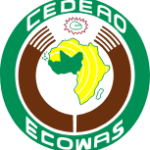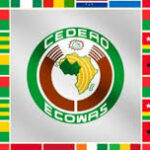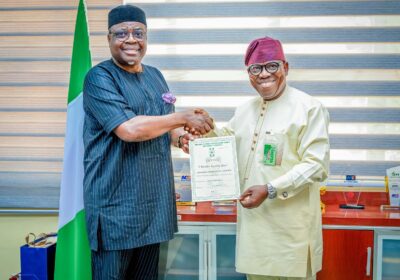Financing of ECOWAS Activities: Setting the Record Straight
By Raymond Enoch
The Economic Community of West African States (ECOWAS) has long been a pillar of regional integration, economic growth, and peacekeeping efforts in West Africa. However, persistent misinformation about its financial structure has fueled misconceptions, particularly regarding claims that the organization is funded and controlled by external powers like France. This narrative is not only misleading but also undermines the credibility and sovereignty of ECOWAS.
A Self-Sustaining Financial Model
Contrary to these claims, ECOWAS funds the majority of its activities—approximately 90%—through an internally generated mechanism known as the Community Levy (CL). This levy, applied as a percentage on goods imported from non-ECOWAS countries, is collected by each member state and transferred to ECOWAS institutions. This model ensures that ECOWAS maintains financial autonomy and sustainability, allowing it to execute its core mandates without external dependence.
The funds generated through the CL are used to support ECOWAS programs in various sectors, including economic development, regional security, peacekeeping missions, infrastructure, and humanitarian interventions. This financial structure has enabled the organization to respond effectively to regional challenges while maintaining its independence.
Limited External Contributions Do Not Equal Control
While ECOWAS does receive some funding—about 10%—from development partners, this does not translate to external control over its policies or decision-making processes. These contributions often come in the form of technical assistance, grants, or project-based support, which are negotiated in line with ECOWAS priorities.
Decision-making within ECOWAS is exclusively managed by its 15 member states, with major resolutions taken at Summits attended by the Heads of State and Government. These leaders, elected by their respective nations, steer the direction of ECOWAS based on regional interests and priorities. Furthermore, policy discussions undergo rigorous consultation processes with Ministers of Foreign Affairs and other key stakeholders, ensuring alignment with national and regional objectives.
A Model for Regional Integration in Africa
ECOWAS stands as one of the most advanced and effective regional economic communities in Africa, setting the pace in economic integration, free movement of people and goods, and conflict resolution. Its impact has drawn attention from other regional blocs on the continent, with representatives from economic communities in Central, Southern, and Northern Africa visiting ECOWAS in 2024 to study its structures and achievements.
This recognition reaffirms ECOWAS’s leadership role in Africa’s broader integration agenda and demonstrates its success in building a self-reliant regional institution. The claim that ECOWAS is externally controlled not only distorts facts but also undermines the strides made by West African nations in ensuring regional cooperation and economic self-sufficiency.
Strengthening Regional Sovereignty and Cooperation
As Africa continues its journey toward greater economic independence and regional unity, ECOWAS serves as a testament to what can be achieved through cooperation and strategic financial planning. The organization’s ability to sustain itself through the Community Levy underscores the commitment of West African nations to self-reliance and collective progress.
The false narratives surrounding ECOWAS’s financial structure must be challenged with facts. ECOWAS remains a sovereign, self-sufficient, and regionally influential institution that operates in the best interests of West Africans. By setting the record straight, we reinforce the importance of regional unity and dismiss misleading claims designed to discredit Africa’s institutions.










